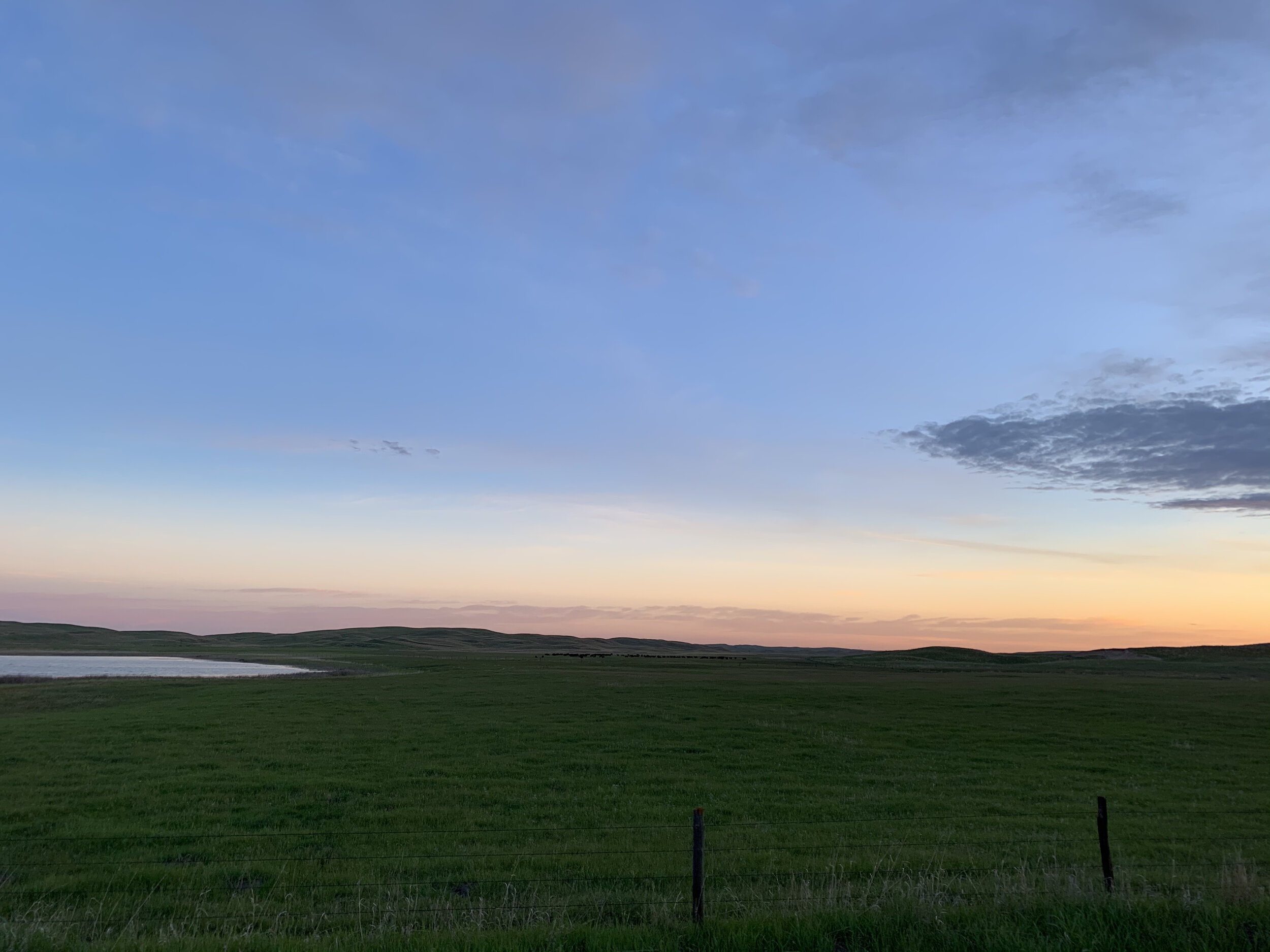The Rural Review
An online journal produced in conjunction with the Rural Reconciliation Project.
The Rural Review publishes digests of important academic contributions, program information, blog-style commentary, and periodic roundups of rural items from across academic disciplines and scholarly media.
Contributions from interested authors are welcome. Find our author guidelines here.
Keller et al.: Land Trusts and Diversity
In Land for Whom? Diversity, Land Trusts, and Farmers and Gardeners from Marginalized Backgrounds in New England, Julie C. Keller (Sociology and Anthropology, University of Rhode Island), Blake Harrison (Political Science, University of Rhode Island), and Corey Lang (Environmental and Natural Resource Economics, University of Rhode Island) explores the extent to which land trusts in New England have been able to meet the needs of farmers and gardeners of marginalized backgrounds.
Roundup: January 24, 2025
A periodic collection of recent research, analysis, and other notable rural items.
Franz & McNelly: Finance, Extraction, and the Green Transition
In The “Finance-Extraction-Transitions Nexus”: Geographies of the Green Transition in the 21st Century, Tobias Franz (Economics, University of London, UK) and Angus McNelly (International Relations, University of Greenwich, UK) break down the relationship between finance capital, mineral extraction, and the environmental and the societal implications of the green transition.
Roundup: December 20, 2024
A periodic collection of recent research, analysis, and other notable rural items.
Pfrenger: Critical Rural Theory’s Influence on Rural Education
In Critical Rural Theory: A Decade of Influence on Rural Education Research author Wendy Pfrenger (Dept. of Higher Education, University of Mississippi Division of Outreach) examines both the key elements and influences of Critical Rural Theory in rural education and research.
2024 Law & Rurality Workshop Summary
On November 15th, the 2024 Law & Rurality Workshop was held in person at the University of Iowa (Iowa City, Iowa). A joint project facilitated by the Rural Reconciliation Project at the University of Nebraska College of Law (Professor Jessica Shoemaker) and the University of South Dakota Knudson School of Law (Professor Hannah Haksgaard), we were fortunate to have the University of Iowa College of Law (Professors Brian Farrell and Daria Fisher Page) as our local host and sponsor this year.
Borgias et al.: Unlikely Alliances in Rural-Urban Environmental Conflicts
In Unlikely Alliances in Action: Balancing Alignment and Autonomy in Rural-Urban Water Conflicts, Sophia Borgias (Public Service, Boise State University), Kate Berry (Geography, University of Nevada-Reno), and Dalten Fox (Arts and Sciences, University of South Alabama) emphasize the positive impact of “unlikely alliances” arising from efforts to tackle critical environmental issues. The authors employ a “place-based and historically embedded” approach to explore the internal dynamics of alliances among groups that have traditionally been in opposition.
Asikainen & McAreavey: Rurality and Belonging
In ‘We Are Here Our Hearts Are There’: Rurality, Belonging And Walking Together, Henna Asikainen (independent artist) and Ruth McAreavey (Geography, Politics and Sociology, Newcastle University, UK) present their findings from a series of collective walks taken with diverse groups of migrants to encourage a greater sense of belonging in rural spaces.
Event Summary: The Rural Voter with Dr. Nicholas Jacobs
The Rural Reconciliation Project was honored to host Dr. Nicholas Jacobs—professor, researcher, and resident of rural Maine—to discuss his new book on the political attitudes of rural communities. The Rural Voter: The Politics of Place and the Disuniting of America, co-authored with Dr. Daniel Shea, examines both historical and modern factors that have influenced and shaped the ‘rural voter’ and is the end result of the largest-ever survey targeted at understanding rural political beliefs.








